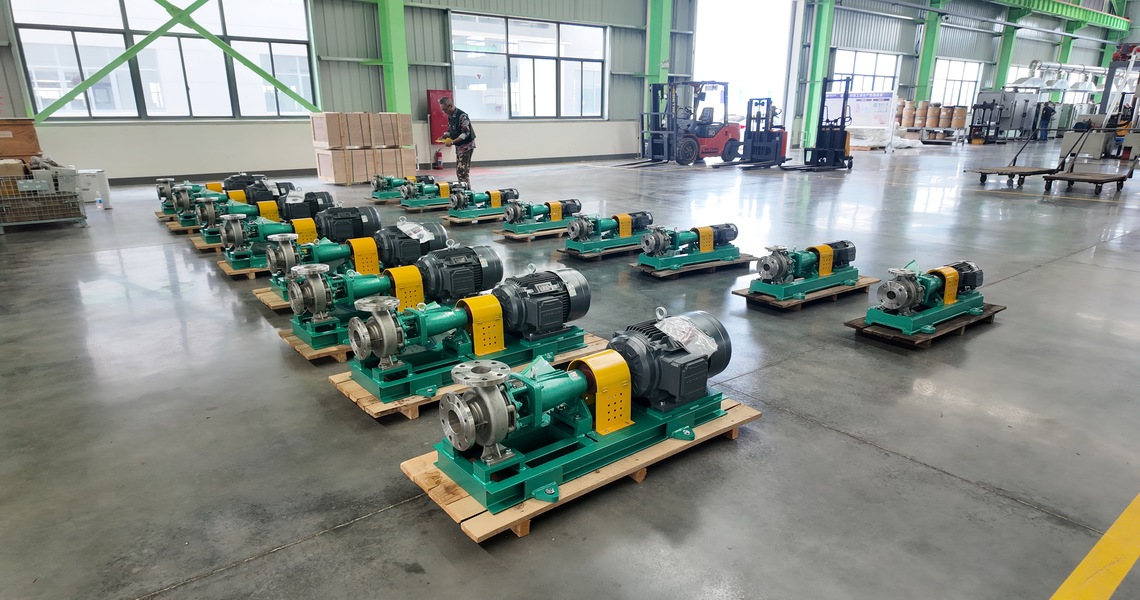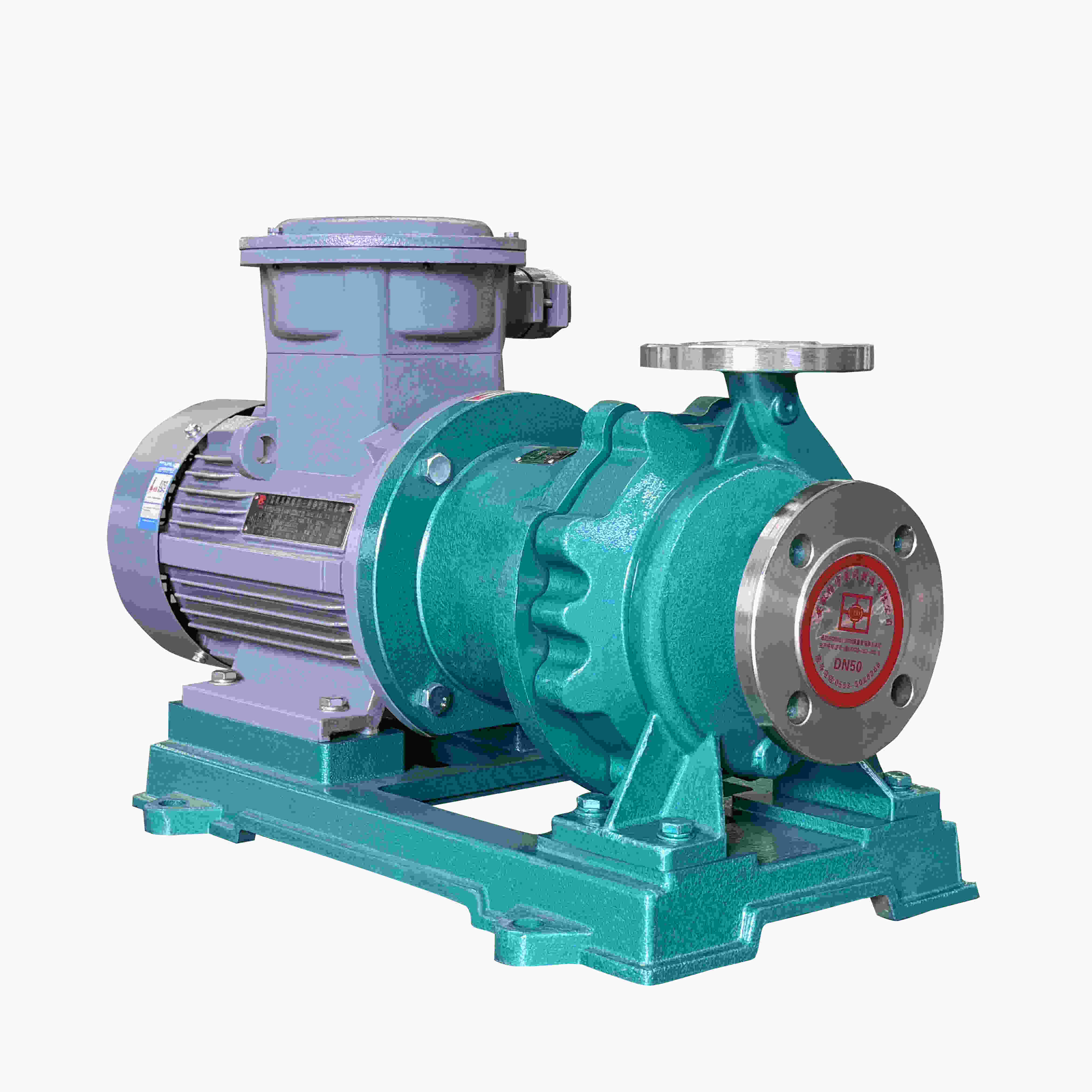May 15, 2025
In the chemical, metallurgical, mining and other industries, mortar pumps and magnetic pumps, as core equipment for conveying high-temperature corrosive media, have long faced pain points such as #seal failure, #material corrosion, and #particle wear. Especially when conveying media containing solid particles such as hydrochloric acid, hydrofluoric acid, and strong alkali, traditional mechanical sealing materials (such as alumina ceramics and tungsten carbide) often cause equipment downtime due to insufficient corrosion resistance or poor thermal shock resistance, resulting in huge maintenance costs. This article will analyze the performance advantages of #pressureless sintered silicon carbide (SSIC) materials and explore how it can become the ultimate sealing solution under high-temperature corrosive conditions.
Ⅰ. Extreme Challenges of High-Temperature Corrosive Conditions to Sealing Materials
1.1 Typical Failure Scenarios
#Mortar Pump: When conveying corrosive slurry with 60% solid content (such as acidic slurry with pH < 2), grooves are formed on the sealing surface due to #abrasive wear and #chemical corrosion, resulting in leakage exceeding the industry warning value of 20mL/h.
#High-Temperature Magnetic Pump: When the medium temperature exceeds 180°C, the traditional sealing ring deforms due to the difference in thermal expansion coefficient (such as #tungsten carbide CTE≈5.5×10⁻⁶/°C), causing the sealing surface to be uneven, resulting in the magnetic pump #isolation sleeve rupture or #bearing jamming.
1.2 Performance bottlenecks of traditional materials
Ⅱ. Breakthrough performance of pressureless sintered silicon carbide
2.1 Material science advantages
Extreme corrosion resistance: The corrosion rate in boiling concentrated hydrochloric acid (37% HCl) is <0.02mm/year (NACE TM0177 standard), and it can operate stably in the full range of pH=0~14, perfectly matching the high chloride medium working conditions of mortar pumps.
#High temperature stability: It still maintains a bending strength of >300MPa at 1600℃ (ASTM C1161 test), and the thermal conductivity reaches 120W/m·K (4 times that of #316L stainless steel), which significantly reduces the risk of thermal stress cracking of magnetic pumps under high temperature conditions.
#Nano-level sealing surface: Through HIP (hot isostatic pressing) densification process, the porosity is <0.1%, the surface roughness Ra≤0.1μm (ISO 4287 standard), and the leakage rate is less than 0.01mL/m·h, which meets the requirements of API 682 Plan 53B sealing system.
2.2 Engineering application verification
#Mortar pump case: After a copper smelter upgraded the original alumina ceramic seal to SSiC mechanical seal, when conveying #copper concentrate slurry containing 35% H₂SO₄ and 40% solid content, the service life was increased from 42 days to 18 months, saving more than 1.2 million yuan in maintenance costs each year.
#Magnetic pump case: In the ethylene cracking unit of a petrochemical enterprise, the SSiC seal operated continuously for 26,000 hours without leakage under 320℃ hot oil medium, extending the service life by more than 6 times compared with the traditional solution.
III. Guide to key technical parameters for selection
For different pump types, the following optimized configuration is recommended:
IV. Industry Development Trends
According to the Grand View Research report, the global #silicon carbide mechanical seal market size will reach US$1.78 billion in 2023, of which the pressureless sintering process accounts for 62%. With the surge in demand for #corrosion-resistant magnetic pumps and #wear-resistant mortar pumps in emerging fields such as third-generation semiconductor manufacturing and lithium battery slurry delivery, SSiC mechanical seals are becoming the default choice for engineers to cope with extreme working conditions.
Conclusion
Whether facing the #abrasion-corrosion coupling working conditions of mortar pumps or the #high temperature and high pressure sealing challenges of #magnetic pumps, pressureless sintered silicon carbide materials have shown disruptive performance breakthroughs. It is recommended that equipment manufacturers focus on the porosity (needed to be <0.5%) and crystal phase purity (β-SiC accounts for >95%) of SSIC when selecting, and jointly conduct ASTM G65 wear simulation tests with seal suppliers to maximize the equipment MTBF (mean time between failures).
Read More

